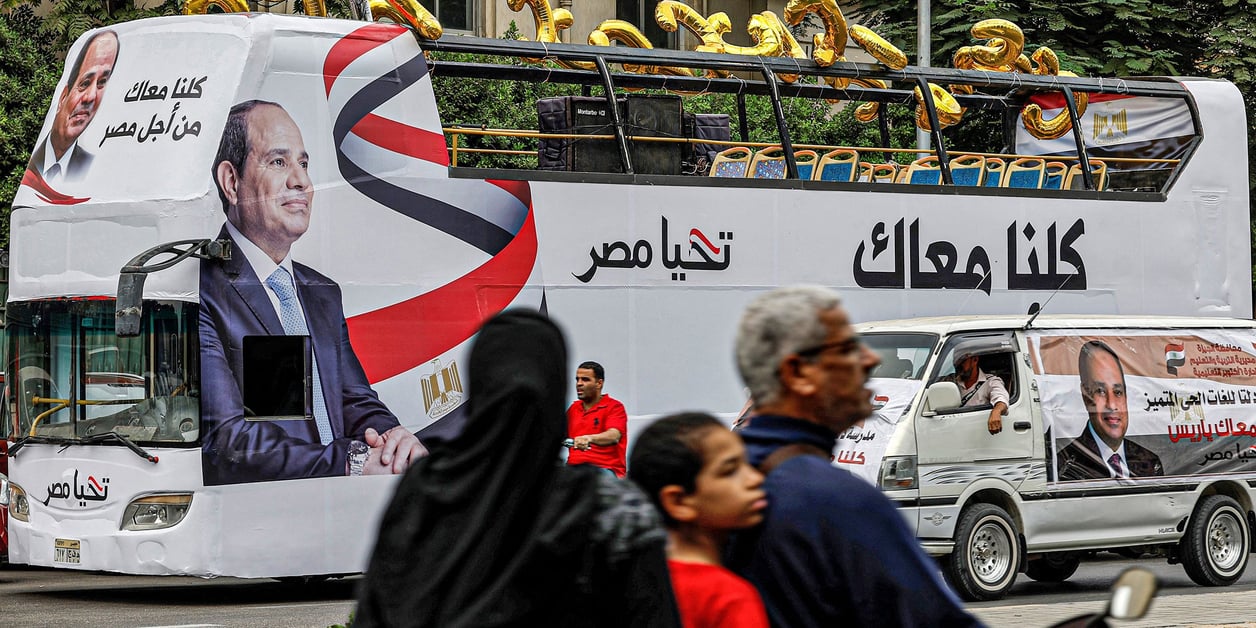/cloudfront-us-east-2.images.arcpublishing.com/reuters/JXD2E5CQ45PZ5EYYQRSJTYEWXY.jpg)


In North Africa, the governance of leaders such as Kaïs Saïed in Tunisia and Abdel Fattah al-Sissi in Egypt reveals a troubling trend of prioritizing political survival over necessary economic reforms. Saïed, who has been in office for five years, has notably avoided initiating significant economic reforms, focusing instead on consolidating his political power. A recent study by the Carnegie Middle East Center highlights Saïed's anti-business narrative, which has contributed to a decline in economic growth, dropping to just 0.4% post-revolution compared to 4.4% before his presidency. This stagnation is exacerbated by a dysfunctional political system that resists structural economic transformation and creates unfair competition for medium-sized enterprises from larger companies and the informal sector.
Saïed's approach has included engaging in clientelist practices to garner support, further entrenching his political position at the expense of economic competitiveness. Resistance from business elites has hindered progress on reforms, leaving Tunisia in a precarious economic situation. The study recommends that Saïed consider reopening discussions with the International Monetary Fund (IMF) to establish a reform program that could stabilize the economy and promote growth.
In Egypt, a similar narrative unfolds under President Abdel Fattah al-Sissi, who has been criticized for his authoritarian rule and focus on state-run mega-projects while neglecting the broader economic needs of the population. Sissi's administration has faced accusations of leading Egypt deeper into authoritarianism, with a crackdown on dissent and political opposition. His government has prioritized stability and security, often at the cost of human rights and economic reform.
Both leaders illustrate the challenges facing North African countries, where the balance between political power and economic necessity remains precarious. The consequences of their governance styles are felt across their respective nations, as they navigate the complexities of maintaining control while addressing the urgent need for economic revitalization.
[4b8c37fb][257e1c20][b121c7da][6551cb69]